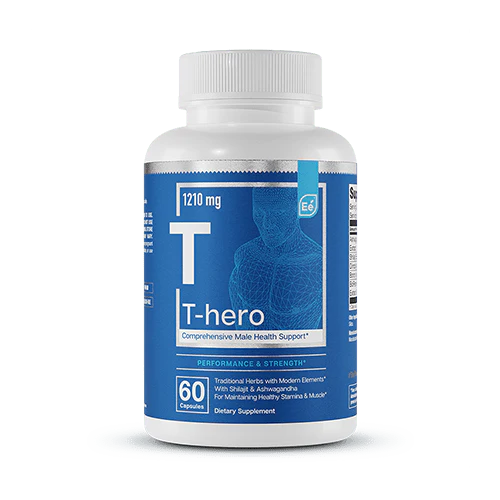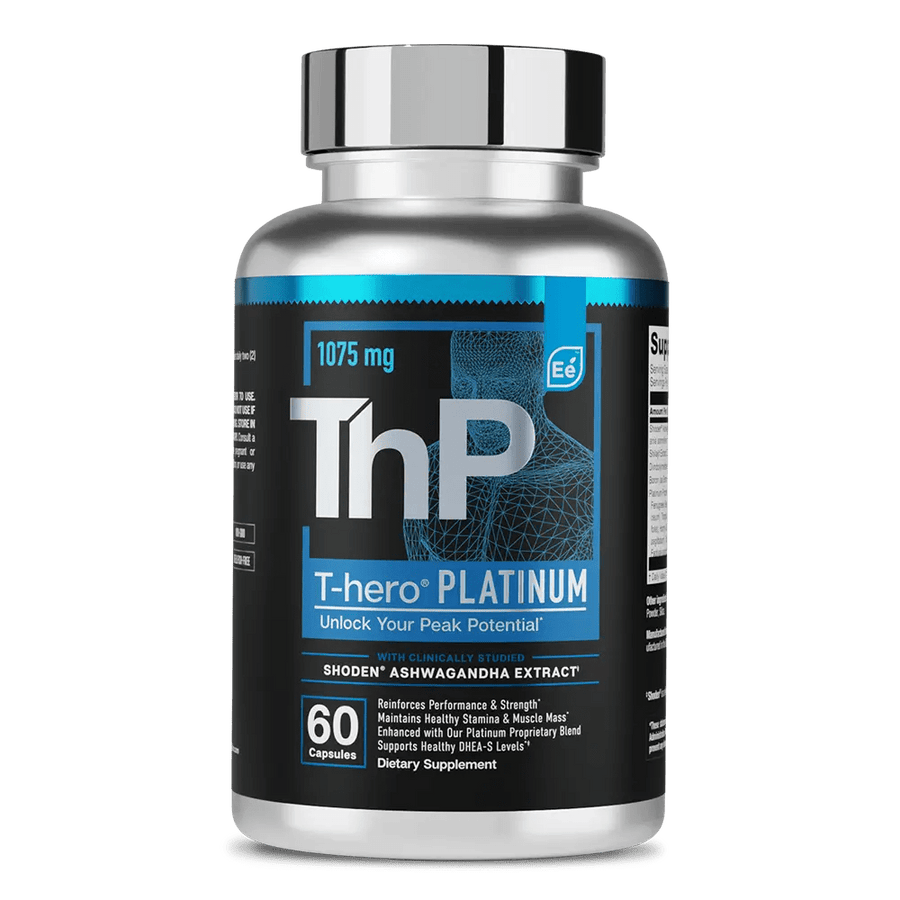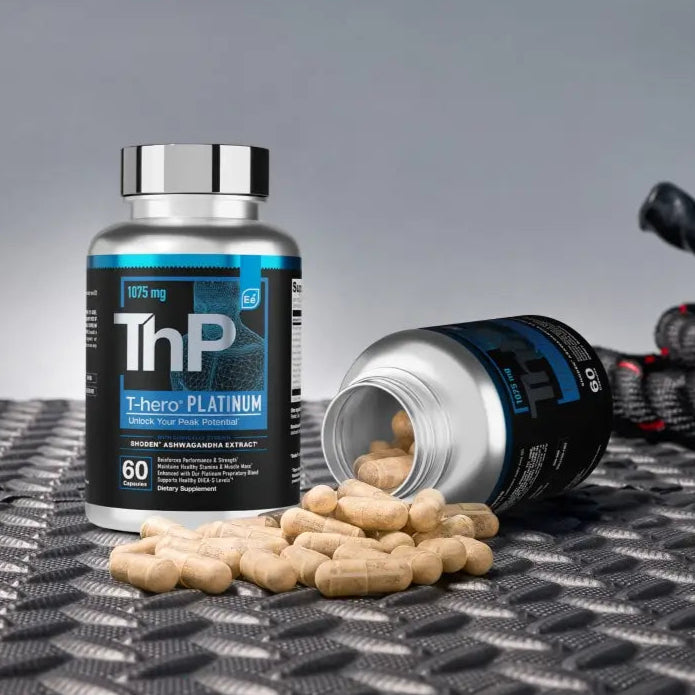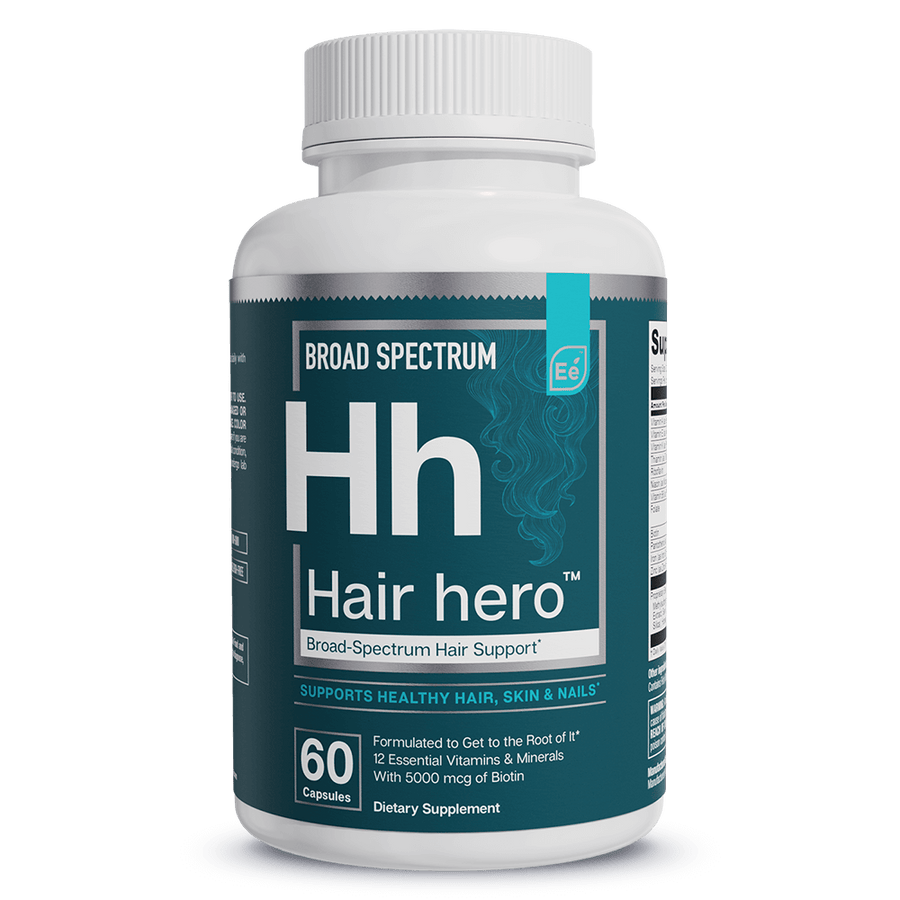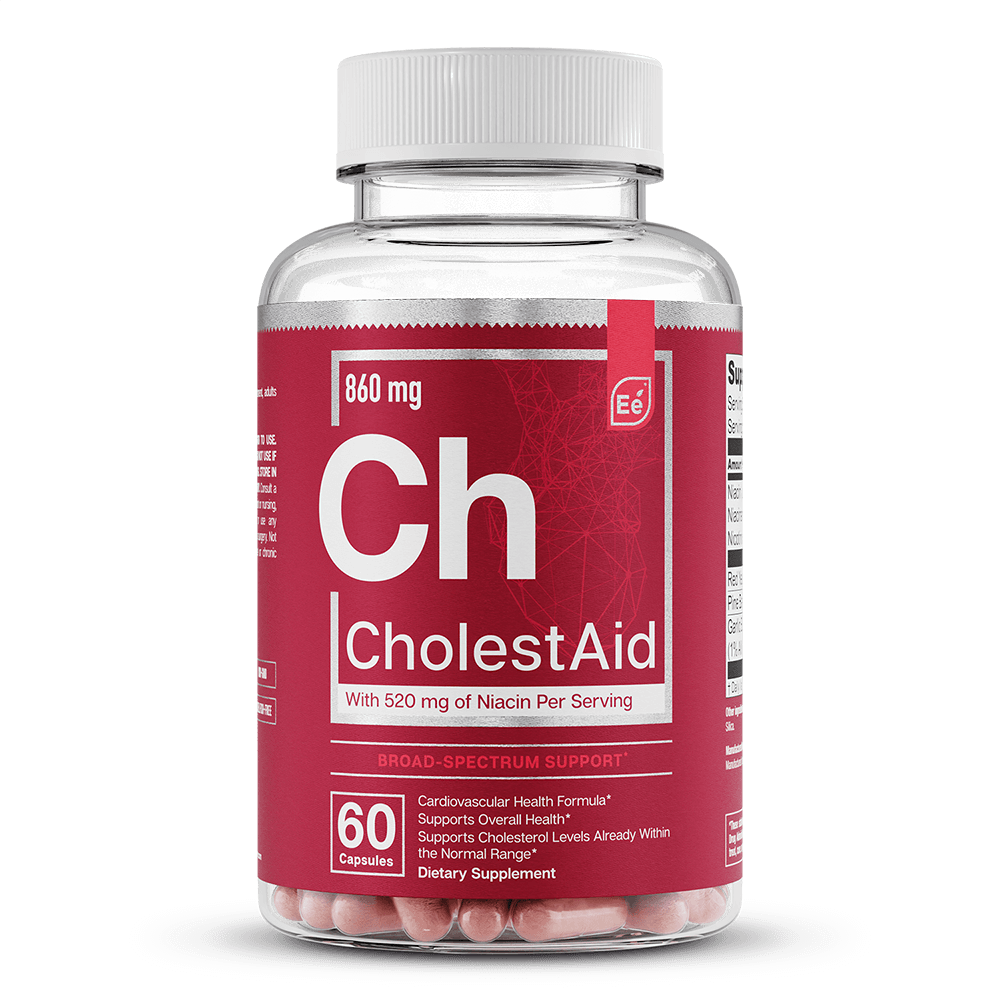12 Foods That Support Healthy Testosterone Levels
The Link Between Your Diet and Testosterone
Testosterone is a crucial hormone for both men and women, playing a vital role in muscle mass, bone density, energy, and libido. While it's natural for levels to decline with age, your diet and lifestyle are powerful tools for maintaining hormonal balance.
A nutrient-dense testosterone diet is foundational for healthy hormone production. However, it's important to note the context: many of these foods exert their strongest effect in individuals who may be deficient in key nutrients like zinc or vitamin D. For those with already healthy levels, these foods help maintain and support optimal hormonal function rather than "boosting" them beyond a normal range. This guide explores the best foods to incorporate into your diet for robust hormonal health.
Top 12 Foods for Testosterone Support
Integrating these natural testosterone boosters food into your meals can help you create an environment where your hormones can thrive.
1. Fatty Fish
Rich in omega-3 fatty acids and vitamin D, fatty fish like salmon and tuna are cornerstones of a hormone-supportive diet. Vitamin D is particularly crucial, with strong evidence showing that correcting a deficiency can significantly improve testosterone levels.
2. Leafy Greens
Dark leafy greens like spinach and kale are packed with magnesium. This mineral is essential for numerous bodily processes, and studies confirm that adequate magnesium intake is associated with healthy testosterone levels, especially in active individuals.
3. Eggs
A nutritional powerhouse, eggs provide protein, healthy fats, selenium, and vitamin D. The yolk is especially nutrient-dense, offering a potent combination of compounds that serve as building blocks for healthy hormone production.
4. Avocados
Loaded with healthy monounsaturated fats, avocados support the endocrine system. They also provide magnesium and boron, a trace mineral that some research suggests plays a beneficial role in testosterone metabolism.
5. Berries
Berries, along with cherries and other colorful fruits, are rich in flavonoid antioxidants. These compounds help combat oxidative stress and inflammation, which can indirectly support the health of testosterone-producing cells.
6. Shellfish
Oysters are one of the most effective dietary sources for supporting testosterone. Their exceptionally high zinc content can help correct deficiencies, which are known to directly impair hormone production. Clams and other shellfish are also excellent sources of this vital mineral.
7. Beef
Beef provides high-quality protein and is another excellent source of zinc. Both nutrients are critical for optimal hormonal health. Opting for lean cuts allows you to reap the benefits while managing saturated fat intake.
8. Onions and Garlic
A staple in many cuisines, onions and garlic contain antioxidants and natural plant compounds. Some preliminary studies, primarily in animals, suggest they may have a beneficial effect on testosterone production, though more human research is needed.
9. Pomegranates
This ancient fruit is celebrated for its high antioxidant content. Some small, preliminary human studies suggest pomegranate may have a beneficial effect on testosterone, though more extensive research is needed to confirm these findings.
10. Fortified Plant Milks
For those who follow a plant-based diet, plant milks fortified with vitamin D are an excellent choice. Ensuring adequate vitamin D levels through sources like fortified almond or soy milk is a key strategy for supporting hormonal wellness.
11. Nuts and Seeds
Nuts and seeds are rich in healthy fats, zinc, and magnesium. Brazil nuts, for example, are an outstanding source of selenium, another mineral that plays a supportive role in maintaining healthy testosterone.
12. Olive Oil
A cornerstone of the heart-healthy Mediterranean diet, extra virgin olive oil is an excellent source of monounsaturated fats and antioxidants. Research has shown that diets rich in these healthy fats can help support healthy testosterone levels.
Foods That May Hinder Testosterone Production
Just as you can choose what to eat to increase testosterone support, it's wise to limit foods that can hinder it. The main culprits are often related to an overall unhealthy dietary pattern.
-
Highly Processed Foods: Typically high in trans fats, refined sugars, and sodium, these can promote inflammation and weight gain, which are both linked to lower testosterone.
-
Excessive Alcohol: While moderate consumption may have minimal impact, heavy and chronic alcohol use can directly interfere with hormone production and lower testosterone levels.
The Bigger Picture: A Holistic Approach
Diet is a powerful piece of the hormonal health puzzle, but it doesn't work in isolation. For a truly effective approach, it's crucial to integrate nutrition with other foundational lifestyle habits.
-
Resistance exercise, such as weightlifting, has been proven to support healthy testosterone.
-
Adequate sleep (7-9 hours per night) is equally important.
-
Effective stress management is crucial, as the stress hormone cortisol can suppress testosterone production.
A holistic strategy that combines mindful eating with movement, rest, and mental well-being offers the most sustainable path to hormonal balance.
Creating a Testosterone-Friendly Meal Plan
Focusing on whole, unprocessed foods is the best strategy. A balanced meal plan might look something like this:
-
Breakfast: An omelet made with whole eggs and spinach, with a side of avocado and berries.
-
Lunch: A large salad with grilled salmon, mixed greens, and a handful of nuts, dressed with olive oil and vinegar.
-
Dinner: Lean grass-fed beef with a side of roasted vegetables, including onions and garlic.
-
Snack: A glass of fortified plant milk or a handful of Brazil nuts.
FAQs
Does soy lower testosterone?
This is a common concern, but modern research provides clarity. A comprehensive 2021 meta-analysis of numerous clinical studies concluded that soy and its isoflavones do not have a statistically significant effect on testosterone levels in men.
Is a high-protein diet good for testosterone?
Protein is essential, but balance is key. Adequate protein intake supports testosterone, but some research suggests that extremely high-protein, low-carbohydrate diets might lead to a decrease in levels. A balanced intake of protein, healthy fats, and complex carbohydrates is optimal.
How does alcohol affect testosterone levels?
Chronic heavy drinking is definitively linked to lower testosterone levels. It can impair the function of the testes and disrupt the entire hormonal cascade. Occasional, moderate drinking is less likely to have a significant long-term impact.
